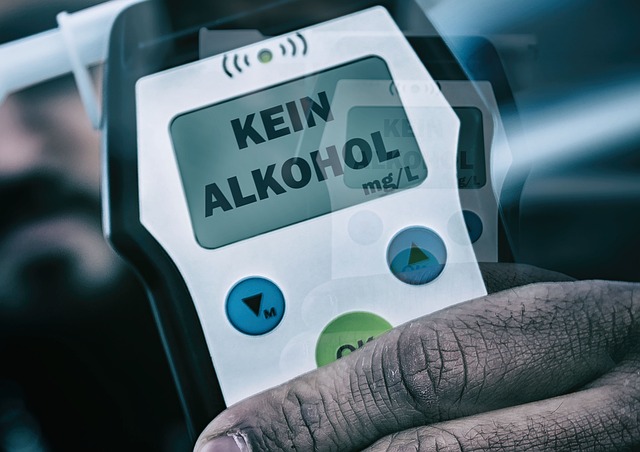Rural Community DUI Prevention presents unique challenges due to immigration status implications, where a single charge can lead to severe legal and visa consequences. To mitigate these impacts, tailored education and prevention initiatives are crucial, empowering locals through communication, community meetings, volunteer training, and peer support networks. After a conviction, non-citizen residents face unique immigration hurdles, underscoring the need for access to legal resources and professional advice to navigate options like adjusting status or visa waivers. This comprehensive approach ensures fair treatment and promotes road safety for all rural residents, regardless of immigration status.
“Understanding the intricate relationship between DUI (Driving Under the Influence) convictions and immigration is crucial, especially in the context of rural communities. This article explores the significant implications of DUI on visa applications and immigration status.
We delve into how local engagement strategies can prevent Rural Community DUI incidents, providing insights on effective programs that mitigate these consequences. By examining the legal aspects, we guide readers through the navigation process of visa options post-DUI, offering a comprehensive understanding of the potential challenges and available pathways.”
- Understanding DUI Laws and Their Impact on Immigration
- The Role of Rural Community Engagement in DUI Prevention
- Navigating Visa Options After a DUI Conviction
Understanding DUI Laws and Their Impact on Immigration

Drunk driving (DUI) laws are designed to protect public safety, but their implications extend far beyond criminal penalties. For individuals in rural communities, where access to transportation may be limited, a DUI conviction can have devastating consequences, especially on immigration status. These laws vary across states, but they generally involve strict penalties like fines, license suspension, and even imprisonment.
In the context of immigration, a DUI charge or conviction could lead to denial of visa applications, deportation, or other legal repercussions. For immigrants in rural areas, where law enforcement presence might be less pronounced, the risk is heightened. Education and prevention initiatives aimed at Rural Community DUI Prevention are crucial to mitigating these impacts, promoting road safety, and ensuring fair treatment for all residents, regardless of their immigration status.
The Role of Rural Community Engagement in DUI Prevention

In rural areas, where communities are often tightly knit and interconnected, engaging local residents in rural community DUI prevention efforts can be a highly effective strategy. Building strong relationships within these communities allows for targeted outreach programs that address unique challenges faced by rural drivers. By fostering open dialogue and understanding the specific needs and dynamics of these regions, it’s possible to implement tailored interventions that resonate with local folk.
This engagement can take various forms, such as hosting community meetings, training local volunteers to recognize signs of impairment, and utilizing peer support networks. These initiatives empower residents to take ownership of their safety and contribute to a collective effort to prevent rural community DUI. Through education, awareness, and mutual support, these strategies aim to reduce the prevalence of impaired driving in areas where access to law enforcement resources might be limited.
Navigating Visa Options After a DUI Conviction

After a DUI conviction, individuals often face complex immigration consequences, particularly if they are not citizens. Navigating visa options in this situation can be challenging, especially for those living in rural communities where access to legal resources might be limited. Understanding the specific visa implications is crucial for making informed decisions moving forward.
For non-citizen residents, a DUI conviction may impact their ability to maintain legal status or obtain future visas. Common visa types, such as green cards, often require good moral character, and a DUI conviction can raise concerns among immigration authorities. Rural community members facing these issues should consider seeking legal advice to explore options like applying for an adjustment of status or determining eligibility for specific visa waivers.
Understanding the immigration consequences of a DUI is crucial, especially within the context of rural community engagement. While these communities often face unique challenges in DUI prevention, navigating visa options post-conviction offers a chance for reform and rehabilitation. By recognizing the impact of these laws and actively involving rural areas in prevention strategies, we can foster safer environments without undue hardship on those with immigration status concerns.






